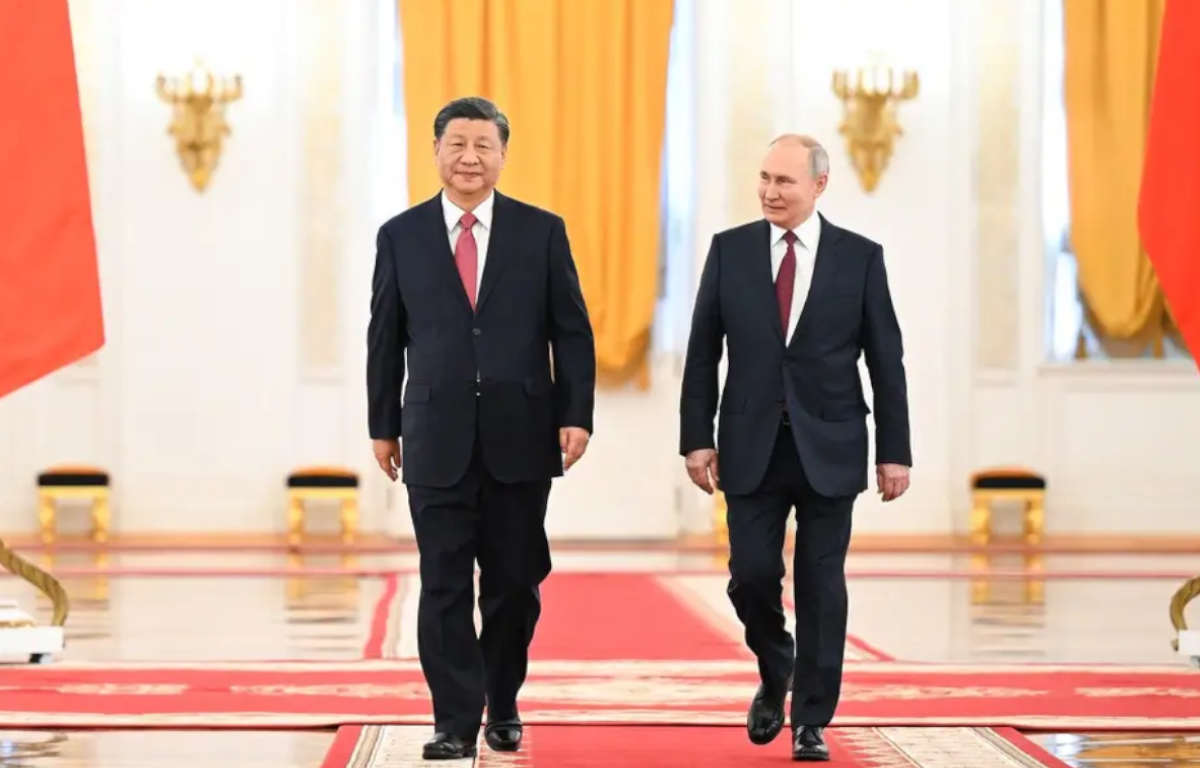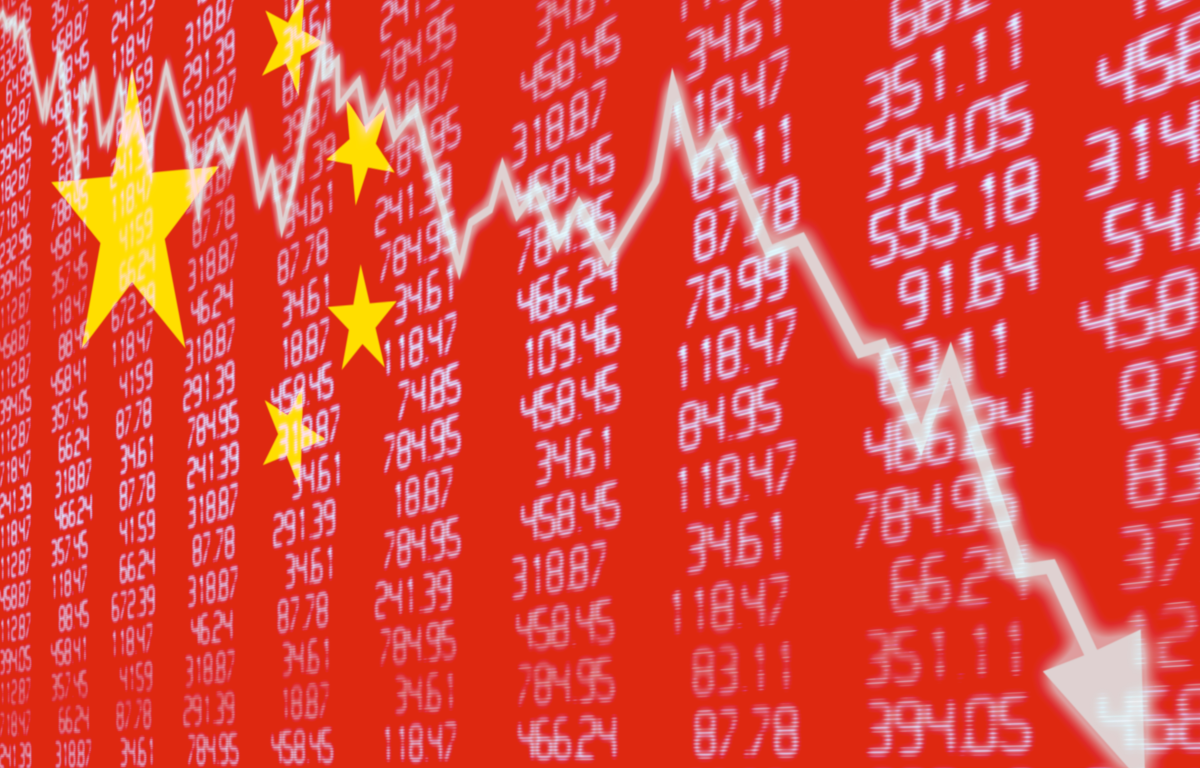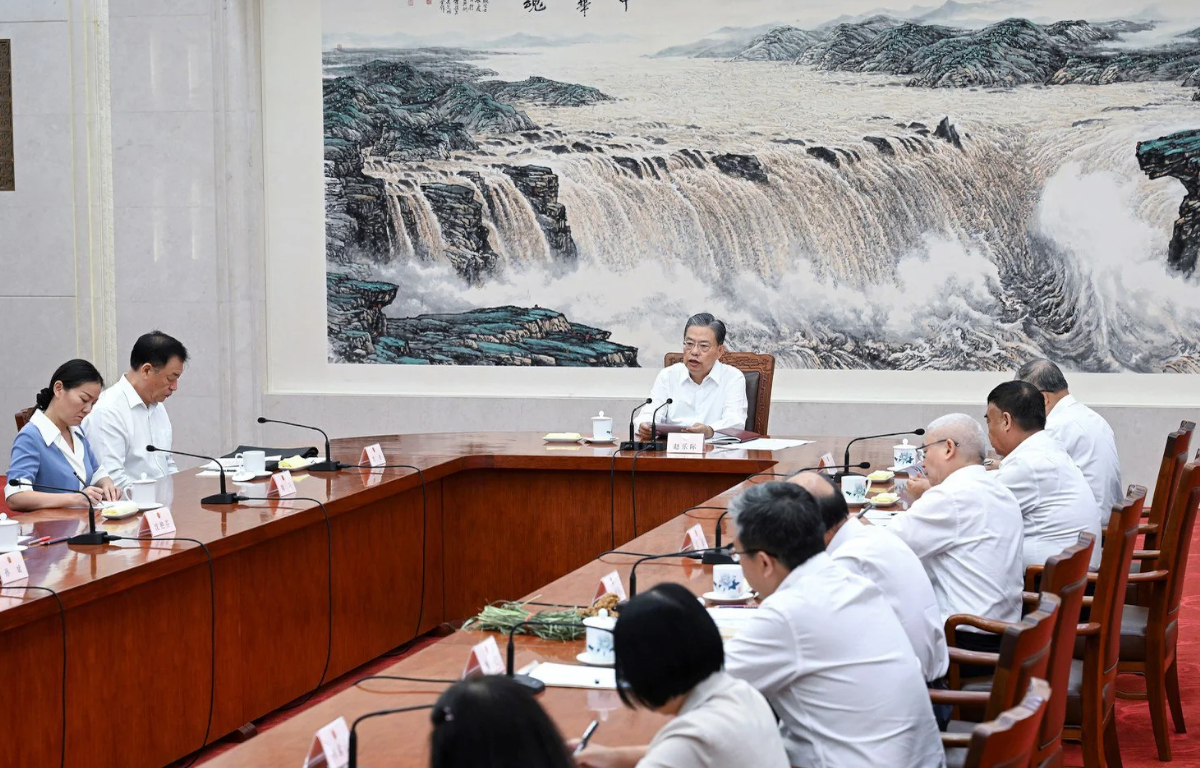
Conceived as a green, smart, and sustainable city, the Forest City project aimed to be a shining example of eco-friendly urban development. Located on four artificial islands near Johor Bahru, just a stone’s throw from Singapore, this mega-project was envisioned as a global destination, featuring lush greenery, advanced technology, and an attractive living environment.
Forest City attracted massive investments from China, primarily due to its proximity to Singapore and the promise of a futuristic urban lifestyle. Thousands of Chinese property buyers saw it as an opportunity to invest in a foreign market with the potential for substantial returns. This influx of capital fueled the project’s growth, and it quickly became one of the most ambitious real estate developments in Southeast Asia.
However, as China’s real estate market faced mounting challenges, including oversupply and a debt-laden property sector, the effects rippled out to international investments like Forest City. Overdependence on Chinese buyers became evident as capital controls were imposed to prevent capital flight, making it harder for investors to transfer money abroad for real estate investments.
The oversupply of housing in China, coupled with declining property prices, made investors wary of sinking more capital into overseas projects like Forest City. Additionally, the debt-laden Chinese developers involved in the project, including Country Garden Holdings, faced significant financial pressures in their domestic market. Both the Chinese and Malaysian governments implemented regulatory changes that affected Forest City’s appeal to Chinese investors, including stricter foreign ownership rules and visa requirements.
The massive land reclamation required for Forest City sparked environmental concerns, leading to increased scrutiny and potential delays. Amid these challenges, Forest City had to adjust its strategy, targeting a more diverse range of buyers, promoting its eco-friendly and tech-savvy features, and fostering a sense of community through cultural events and educational initiatives.
China’s real estate crisis has undoubtedly cast a shadow over the once-promising Forest City project. While it’s not yet clear what the future holds, this situation underscores the interconnectedness of the global real estate market and the vulnerabilities that can arise when relying heavily on a single source of investment. Whether Forest City can weather the storm and emerge as a sustainable, green urban oasis or serve as a cautionary tale for ambitious international projects remains to be seen. It is a complex situation that will continue to evolve in tandem with China’s real estate market.










Share this: